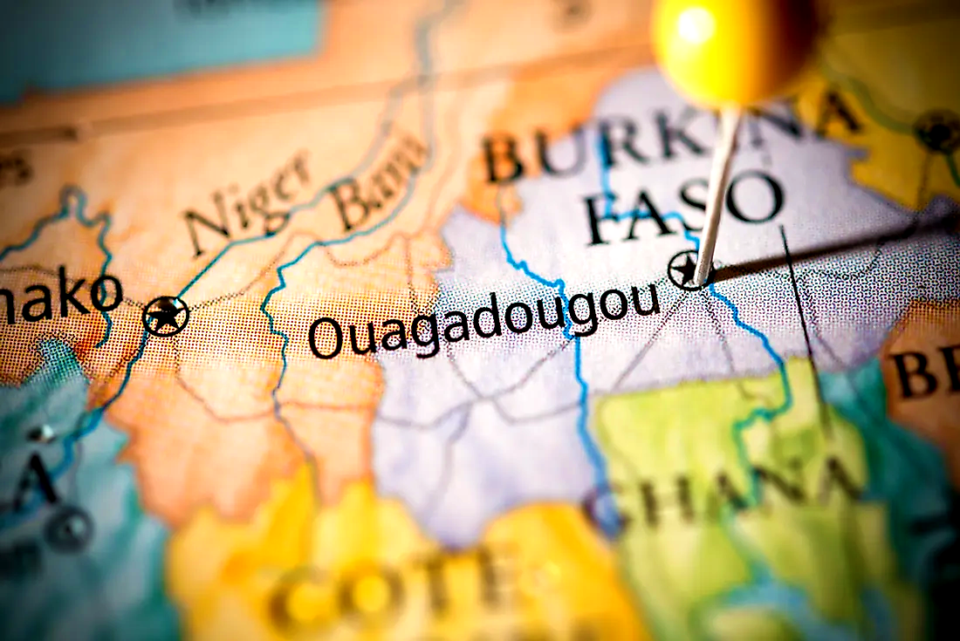In Burkina Faso, a devastating dengue fever epidemic has been declared by the health ministry, marking the deadliest outbreak in years. The country has witnessed a staggering 50,478 suspected cases and 214 deaths from this mosquito-borne illness in the current year.
This crisis has predominantly affected urban centers, particularly the capital Ouagadougou and Bobo Dioulasso, where about 20% of cases and deaths were reported just last week.
Dengue fever, claiming an estimated 20,000 lives globally annually, has seen an alarming eight-fold increase in rates since 2000. This surge is attributed to factors such as climate change, heightened human mobility, and urbanization.
The World Health Organization has recently issued a warning, highlighting the potential escalation of the disease in new regions of Africa due to rising temperatures creating conducive environments for the disease-carrying Aedes aegypti mosquitoes to proliferate.
Symptoms of dengue fever include fever, muscle pain, nausea, and rashes. In poverty-stricken nations like Burkina Faso, where healthcare is limited, lack of proper treatment or misdiagnosis significantly elevates the risk of fatalities. The situation in Burkina Faso is particularly dire, surpassing previous outbreaks in other African countries.
For instance, dengue claimed 18 lives in Burkina Faso in 2017 and 15 in 2016, according to data from the Africa Centres for Disease Control and Prevention.
In response to the epidemic, Burkina Faso’s health ministry is taking urgent measures. They are offering free rapid diagnostic tests and initiating insecticide spraying in public places to curb the spread of the disease. Despite these efforts, the situation remains critical, underscoring the urgent need for global attention and collaborative efforts to address this escalating health crisis.
IMAGE: VOA News



